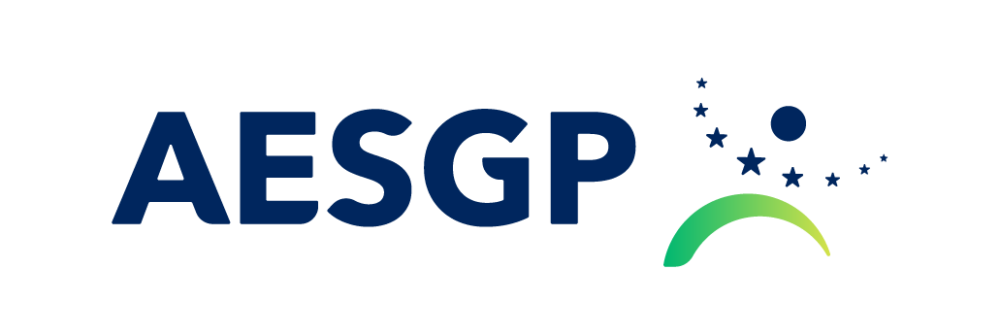Reaction to the Commission communication on “Addressing medicine shortages in the EU”
Brussels, 26 October 2023 – Although understanding the general objectives of the European Commission communication “Addressing medicine shortages in the EU”, which are to prevent and mitigate critical shortages at EU level, AESGP has some concerns relating to the immediate and short-term proposals and the identification of critical medicines.
The pharmaceutical industry, including the non-prescription medicines sector, represented by AESGP, has always been committed to avoiding medicines shortages and, whenever unavoidable, mitigate the effects on end-users. Not only is this role enshrined in the legislation as the obligation to supply but it constitutes the societal mission of the pharmaceutical sector.
The European Commission’s Structured Dialogue on Medicines Supply has shown that shortage mitigation and management measures need to be adapted to the specifics of each situation. Shortages are of particular concern when they affect medicines for which no or limited alternatives are available, and where interruption of supply will result in a potential risk to public health. But, in the case of non-prescription medicines, because substitution is possible (even if assisted by a pharmacist) and because alternatives exist in most situations (with the same or another active principle for the same indication), any shortage of a product will have little to no impact on the outcomes of self-treatment.
Supply challenges of non-prescription medicines only happen in rare circumstances, such as during the recent coronavirus pandemic, when disinformation and panic buying were aggravating factors that distorted the demand for such products. Still, due to a variety of supply chain strategies, like buffer stocks in the supply chain, non-prescription medicine companies have always been able to manage any constraints in the supply of a particular ingredient.
AESGP was, therefore, taken by surprise with the involvement of non-prescription medicines under “medicines commonly used in the autumn/winter season” such as non-specified “cough syrups”, as well as preparations with “ibuprofen and paracetamol”, when no precedent of shortages to these products exists.
Even if AESGP understands that the European Commission means to reassure people in Europe of its shortages monitoring activities, no other Active Pharmaceutical Ingredient (API) is so specifically mentioned throughout the text of the communication.
Currently, only a few European countries monitor shortages of non-prescription medicines proactively (the notice period currently is 2 months), because of the low risk and impact of shortages. In the vast majority of the cases of non-prescription medicine shortage reports, no action is taken by regulators, given the variety of alternatives available on the market.
With respect to inventory management, increasing stocks above the necessary levels – especially in the case of seasonal non-prescription medicines – eventually increases the cost and is associated with a significant risk of expiring stocks. Expired stockpiles would have negative economic, and sustainability impacts due to the cost and effect of disposal.
AESGP has some recommendations on tackling Shortages in the future Pharmaceutical Legislation review:
In general, AESGP believes that the notification of medicine shortages, as well as shortages prevention and mitigation plans, should be based on a criticality assessment of a medicinal product from a patient outcome and health system perspective. Consequentially, it would be aimed at medicines that are on critical medicines lists but to which there are no alternatives:
- In case of a suspected shortage of a non-prescription medicine included on the critical medicines list either nation- or EU-wide, marketing authorisation holders should report it to the concerned national competent authority no later than 2 months prior to occurrence.
- Shortages Prevention Plans (SPP) should be required for those non-prescription medicines that are listed in the critical medicines list.
- In case of critical non-prescription medicines, MSSG should not have a specific power to mandate inventory management and diversification of suppliers. There is a wide variety of supply chain strategies that companies deploy when mitigating shortages and they should be further empowered to adopt the most appropriate strategy in each individual case.
